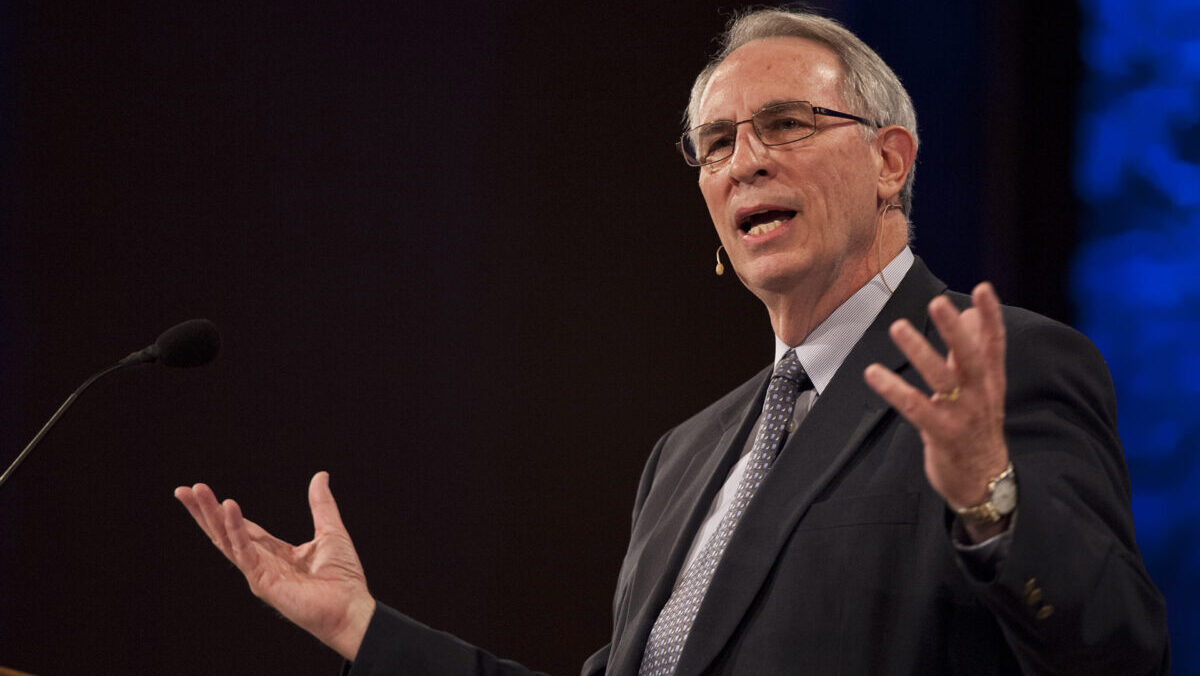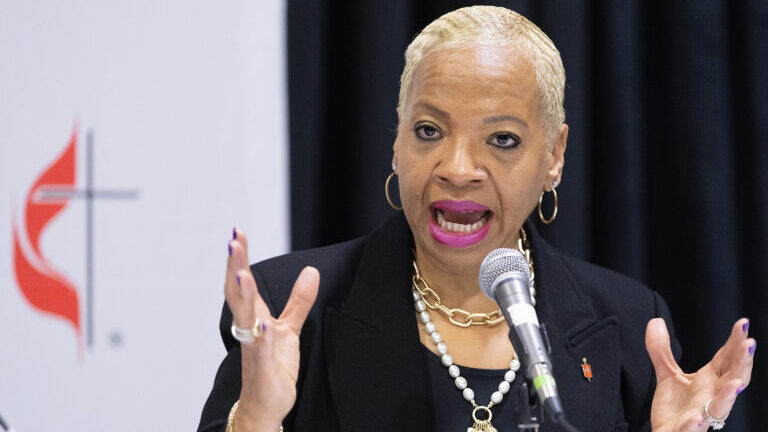A STAIRWAY
Genesis 28:10–22
Jacob had a dream in which he saw a stairway to heaven with angels going up and down on it. The imagery of a stairway to heaven has been picked up in our culture in examples such as a song by the rock band Led Zeppelin, a name for cottages in the Smoky Mountains and an iconic structure in Seaside, Florida.
Jacob’s dream of a stairway to heaven changed the direction and purpose of his life. The Hebrew name “Jacob” has the connotation of “heel,” “cheat” or “supplants,” yet God used him as the father of the men whose offspring would become the 12 tribes of Israel.
Dreaming (10–12)
Jacob left his family with orders not to marry a Canaanite girl. He left Beer-sheba, an important crossroad to Egypt, and traveled to Haran, a village with a name that means “caravan route.” When he reached a certain unknown place, he stopped for rest during the night.
God directly revealed Himself for the first time to the trickster and unethical Jacob by means of a dream. In the Old Testament, God often revealed Himself to individuals by means of dreams. Noteworthy dream recipients include Saul (1 Sam. 28:15), Daniel (Dan. 2:19), Abimelek (Gen. 20:9) and Joseph (Matt. 1:20, 2:13, 2:19, 2:22).
Promised (13–15)
Jacob had a dream of a stairway that reached to the sky with angels going up and down the ladder. God was present and reminded Jacob that although he left his family, he could not leave the God of his family. God reiterated to Jacob the Abrahamic promise of land and innumerable descendants.
The narrative of Jacob reminds believers that God keeps His promises. God did not promise to make Jacob’s name great as He had Abraham, but God did add some details to the promises He made to Abraham. God promised to watch over Jacob and bring him back into the land (and his family).
Most importantly, God reiterated the Abrahamic promise to bless all the peoples on earth through Jacob’s offspring. Jacob was the father of Judah, from whom Jesus descended.
The most personal promise was God’s promise to not leave Jacob until He fulfilled His promise to Him. Jesus promised to be with His followers to the end of age (Matt. 28:20). Hebrews 13:5 communicates a promise from Deuteronomy 31:6 that God “will never leave you or forsake you.”
Gate of heaven (16–17)
When Jacob woke from his sleep, he declared that God was in this place. He knew this was no ordinary dream. He declared the place awesome — that is, a place that inspired reverence or fear.
He recognized his location as the “house of God” and “the gate of heaven.” Notice the description of Jacob’s worship at this location. He experienced the fear of the Lord. The location was an important place of worship for Abraham. Abraham had built an altar at this location and called on the name of Yahweh.
The Vow (18–22)
Jacob arose early in the morning and consecrated the site by setting up a stone as a marker. He poured oil on top of the stone and named the location Bethel, which means “house of God.”
Jacob consecrated the stone as a place of remembrance and changed the name of the location from Luz (which means “almond tree”) to Bethel. Then Jacob made a vow to God and pledged to give a tenth of all God gave to him.
By Mark Rathel
Professor at the Baptist College of Florida in Graceville, Florida








